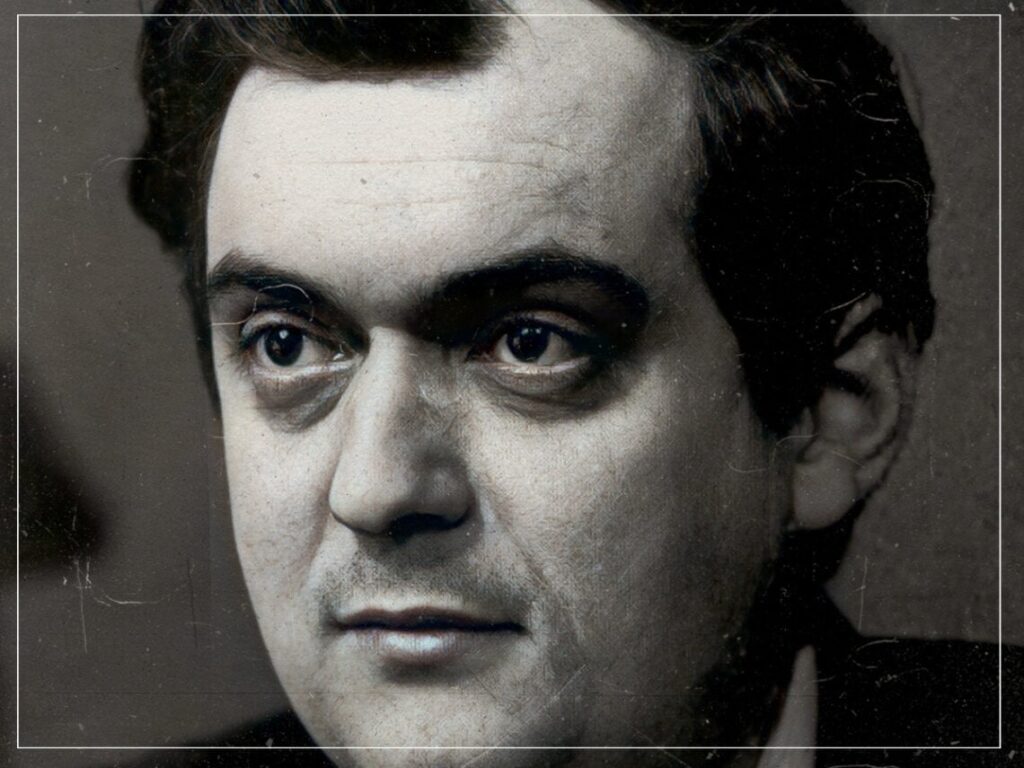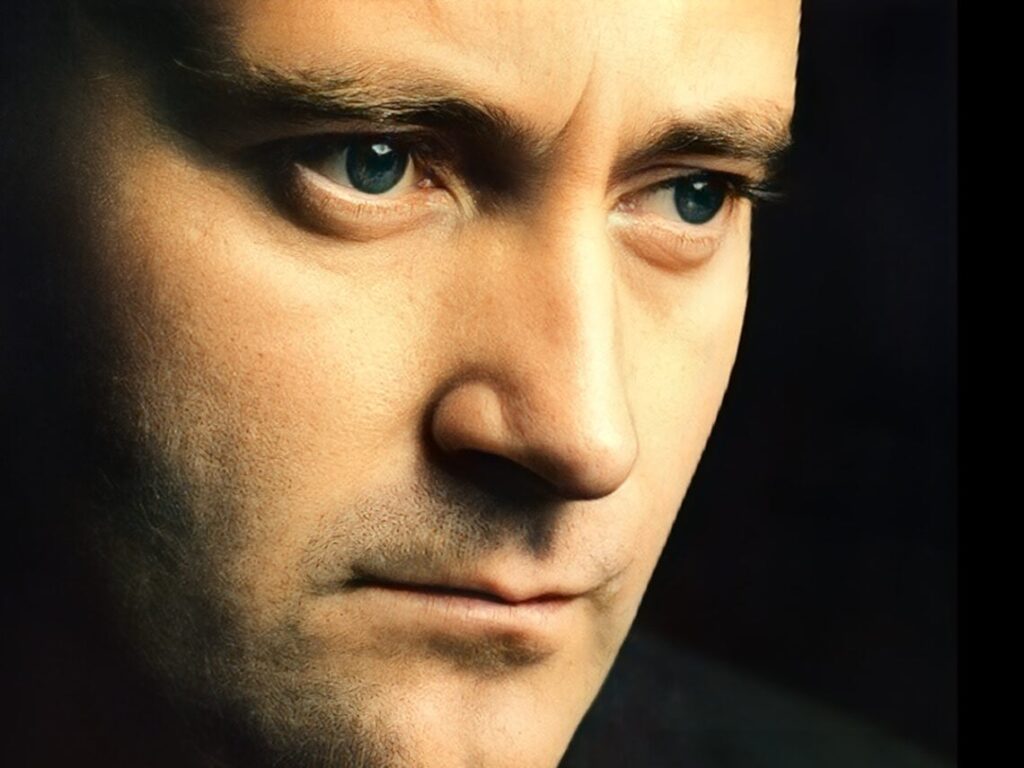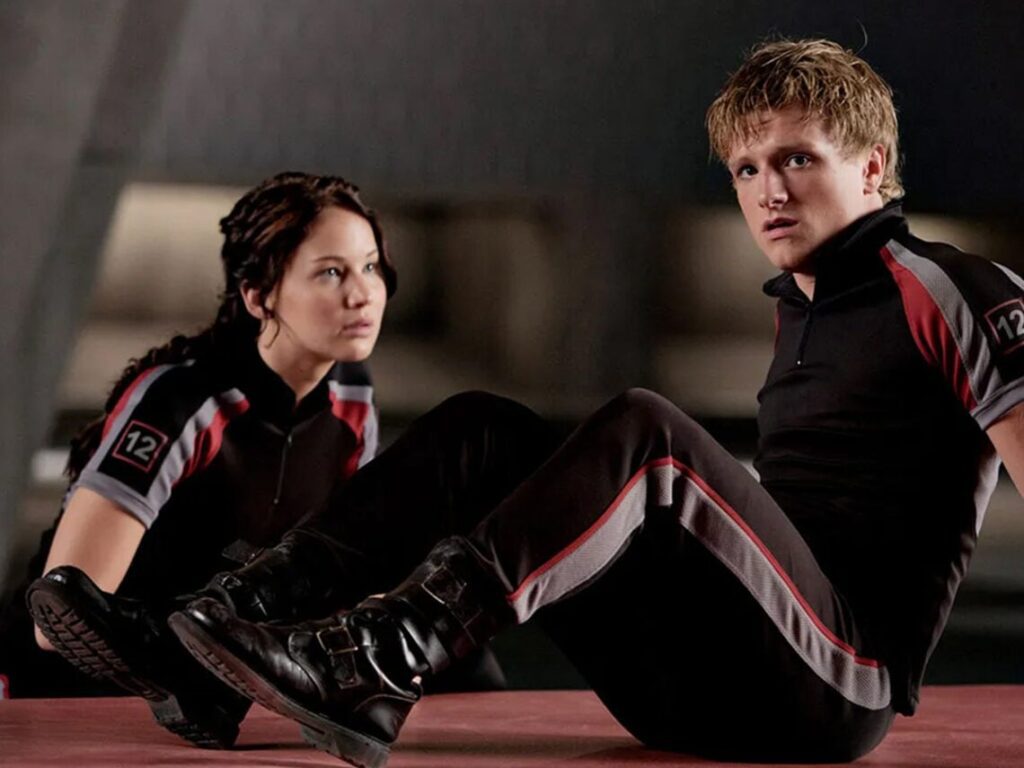“I must confess I have never subsequently been interested”: Stanley Kubrick once revealed the movies he almost made
 Posted On
Posted On
(Credits: Far Out / Stanley Kubrick)
Striking the balance between quantity and quality is key to any longstanding directorial career, with Stanley Kubrick working at a pace that became increasingly luxurious, but always delivering the goods when whenever his latest work hit the screen.
The filmmaker helmed 13 features over a 47-year period, which isn’t what anyone would call rapid. Even then, he distanced himself from debut Fear and Desire almost completely, and he dramatically slowed down towards the latter stages of his professional life.
Kubrick’s final four films – Barry Lyndon, The Shining, Full Metal Jacket, and Eyes Wide Shut – arrived between 1975 and 1999, whereas beforehand, he’d never gone more than four years without releasing a new picture. Of course, he was famous for his exhausting research and preparation, which saw him pick up and drop a number of potential movies along the way.
That had been true since the 1970s, with Kubrick revealing to Michael Ciment at the time of A Clockwork Orange that there were a huge number of scripts and stories he had been toying with. “One was a screenplay of Stefan Zweig’s story, The Burning Secret, which Calder Willingham and I wrote in the middle 50s for Dore Schary at MGM after I made The Killing,” he said. “The story is about a mother who goes away on vacation without her husband but accompanied by her young son.”
Kubrick was caught in two minds, admitting that “it’s a good story, but I don’t know how good the screenplay is”. He also penned “an incomplete screenplay about Mosby’s Rangers, a Southern guerrilla force during the American Civil War,” and another called I Stole 16 Million Dollars based on the autobiography of safecracker Herbert Emmerson Wilson.
“It was written for Kirk Douglas, who didn’t like it, and that was the end of it,” he admitted before pointing to one that he intended to make but ultimately never got around to. He was planning to adapt Arthur Schnitzler’s Rhapsody: A Dream Novel, which sounded suitably Kubrickian in the way “it explores the sexual ambivalence of a happy marriage and tries to equate the importance of sexual dreams and might-have-beens with reality”.
Kubrick’s mind was always toying with what his next endeavour could be, which left him with precisely zero regrets over the ones that got away. “I must confess I have never subsequently been interested in any of these screenplays,” he admitted, so when he put them down for the first time, he never had any intention of picking them back up again.
Napoleon will always be the most famous film that Kubrick didn’t get around to making, but it’s far from being the only abandoned undertaking that got well into the scripting stage before winding up in the legendary auteur’s discard pile.
[embedded content]


